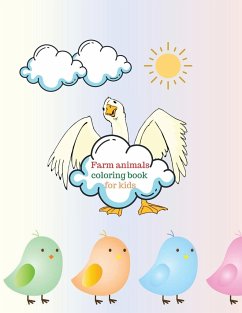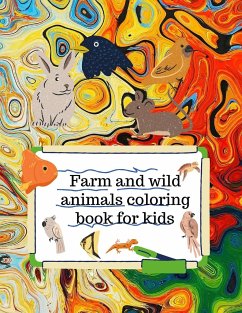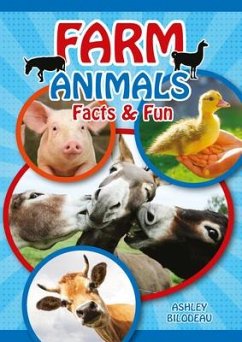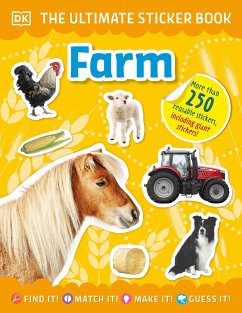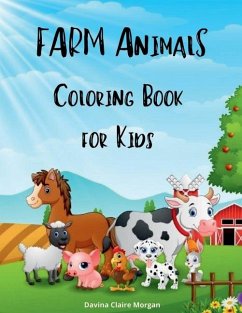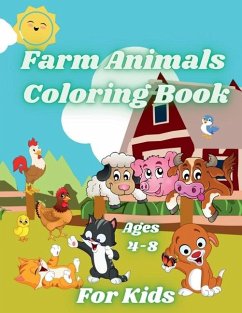Nicht lieferbar
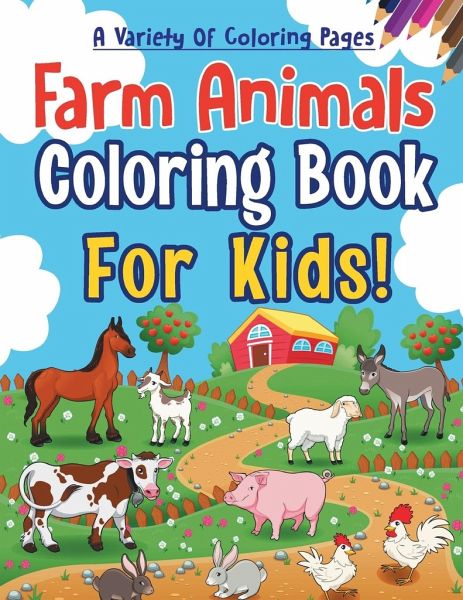
Farm Animals Coloring Book For Kids!
Versandkostenfrei!
Nicht lieferbar
Many children learn about farm animals from cartoons, educational television shows, and toys. While farm animals have a lot in common, some facts will be more interesting to your child. These fun facts about farm animals can help set your child up for a bright future in the animal kingdom. Below are some fun facts about farm creatures that will make your child's learning experience more memorable. All of these facts are sure to make your child happy! Cows have a memory of about three years, which is why we call them "moo cows". Goats and sheep don't have teeth on their upper jaw, but their har...
Many children learn about farm animals from cartoons, educational television shows, and toys. While farm animals have a lot in common, some facts will be more interesting to your child. These fun facts about farm animals can help set your child up for a bright future in the animal kingdom. Below are some fun facts about farm creatures that will make your child's learning experience more memorable. All of these facts are sure to make your child happy! Cows have a memory of about three years, which is why we call them "moo cows". Goats and sheep don't have teeth on their upper jaw, but their hard palate allows them to grind their food. Despite their lack of teeth, they are wonderful companions for other farm animals. Unlike other animals, sheep and goats have a unique bleating noise. This is an especially interesting fact about sheep, which is used to identify mother and baby lambs. A mature ewe will produce seven to ten pounds of wool per year, and can also climb trees and walk on narrow ledges.Pigs have a unique tail movement that can tell you a lot about their personality. If the tail swings rapidly, the animal is excited. Otherwise, it is nervous and is assessing whether to approach. If the tail is wagging slowly, the animal is nervous. In general, pigs have a hard tongue, which makes them good companions for other farm animals. The average ewe will produce seven to ten pounds of wool each year.




